Facts about ancient Greek philosophical schools
Welcome to the world of ancient Greek philosophy, a realm where ideas about existence, knowledge, and ethics were debated passionately. This era birthed a variety of schools, each contributing uniquely to the foundation of Western thought.
These philosophical schools were not just intellectual pursuits; they guided the way people lived their lives, influencing everything from politics to personal beliefs. Prepare to journey through the fascinating landscapes of ideas that shaped civilizations.
The Birthplace of Western Philosophy
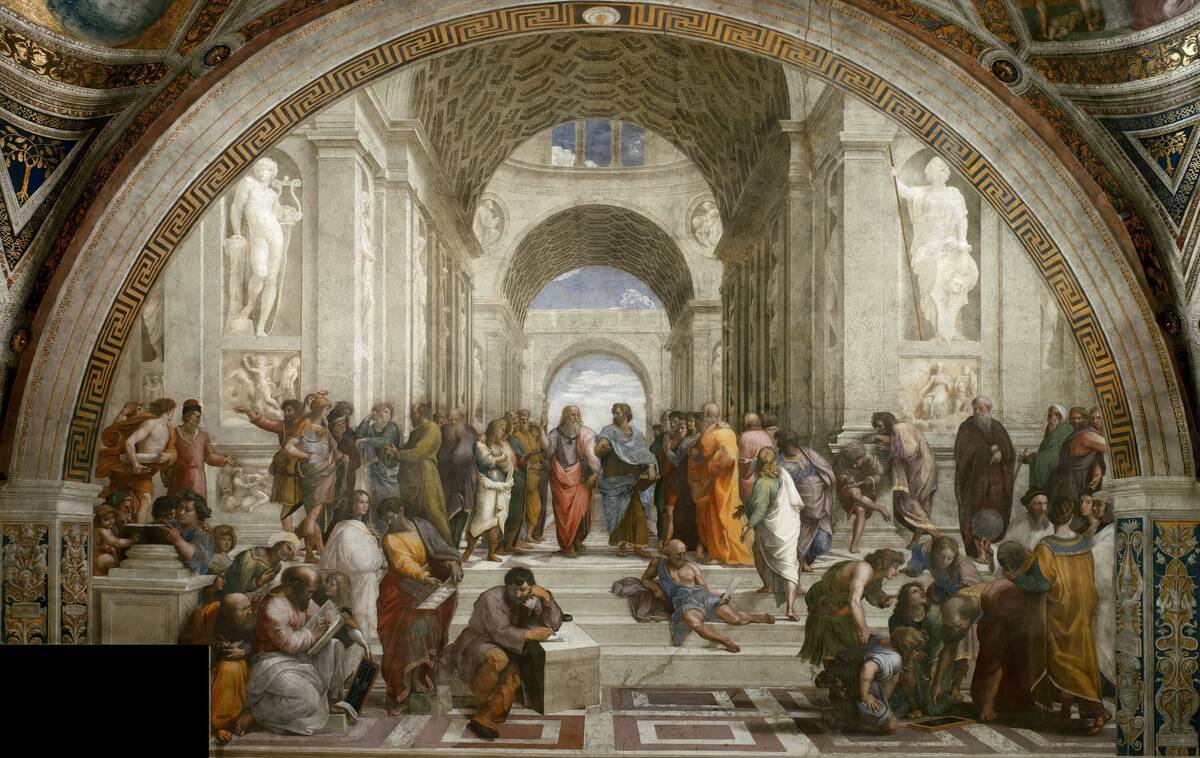
Ancient Greece, particularly the city of Athens, is often heralded as the birthplace of Western philosophy. This was where thinkers like Socrates, Plato, and Aristotle taught and debated in public spaces known as agoras.
The open and democratic environment of Athens provided a fertile ground for philosophical inquiry. Here, the concept of democracy was intertwined with philosophical discourse, allowing for a cross-pollination of ideas that would influence countless generations.
The Pioneers: Pre-Socratic Thinkers

Before Socrates, there were the Pre-Socratic philosophers who sought to explain the nature of the universe. Figures like Thales and Heraclitus (pictured) pondered the fundamental elements of nature, proposing theories that ranged from water being the essence of all matter to the belief that change is the only constant.
These early philosophers laid the groundwork for scientific inquiry, questioning the myths and looking for rational explanations for natural phenomena.
Socrates: The Gadfly of Athens
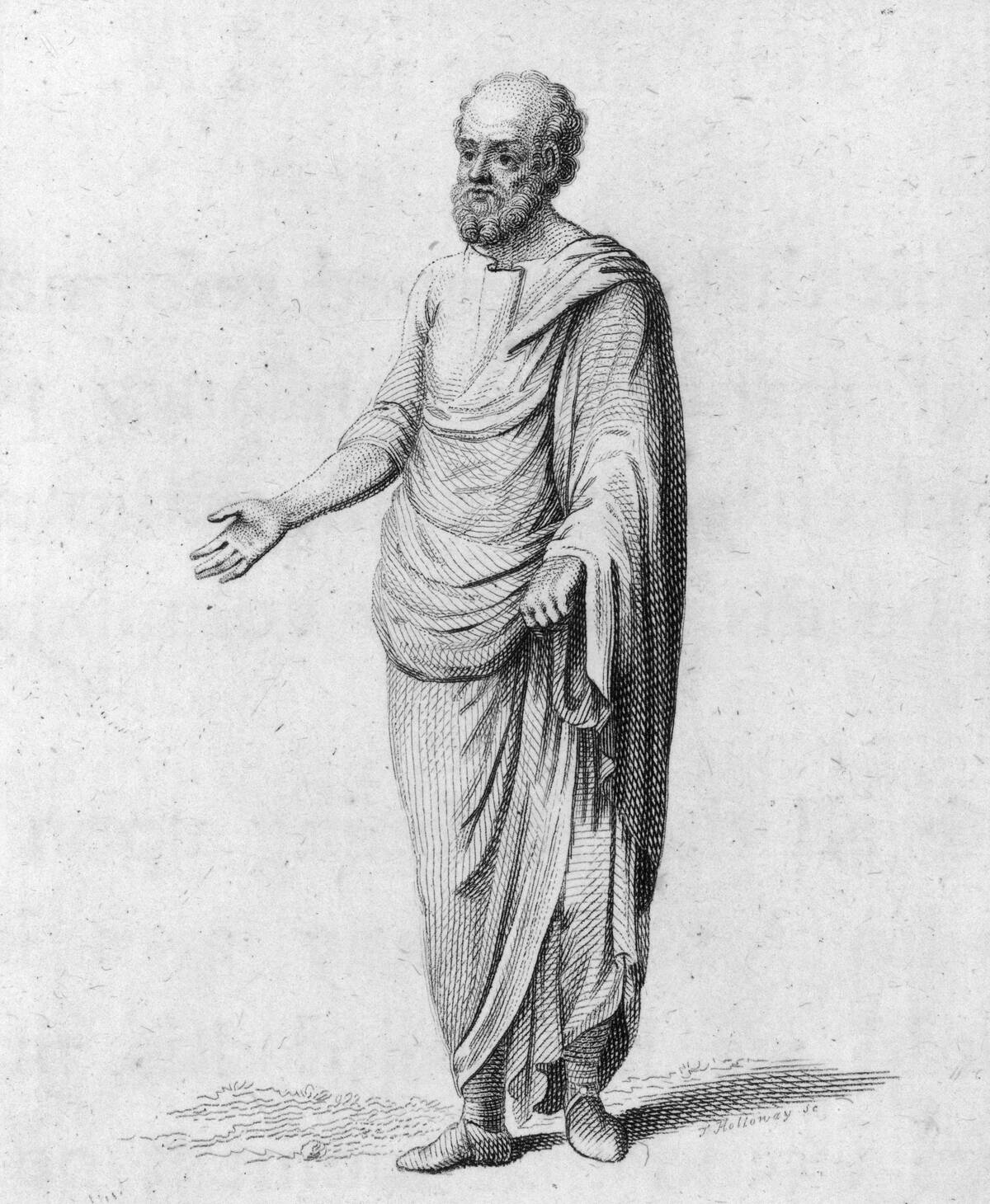
Socrates, famously described as the ‘gadfly of Athens,’ challenged the status quo with his relentless questioning. His method, now known as the Socratic method, involved asking probing questions to stimulate critical thinking and illuminate ideas.
Unlike other philosophers, Socrates left no writings, but his thoughts were immortalized by his student Plato. His trial and subsequent execution for corrupting the youth of Athens remain one of the most dramatic episodes in the history of philosophy.
Plato and the Academy: The World’s First University
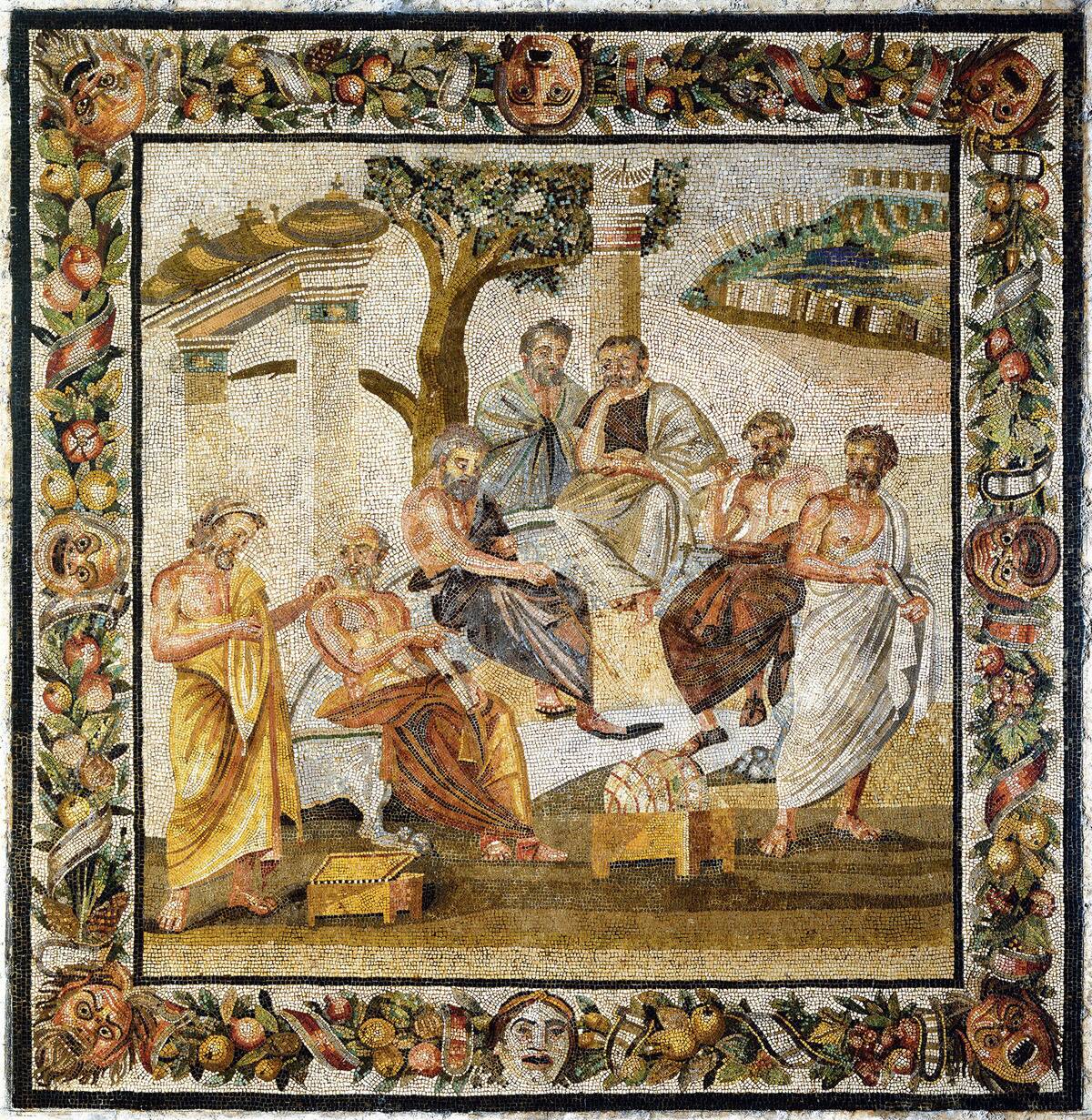
Plato, a student of Socrates, founded the Academy in Athens. Here, he taught subjects ranging from philosophy to mathematics.
Plato’s dialogues, featuring Socratic conversations, explored concepts like justice, beauty, and equality. His theory of Forms proposed that the material world is just a shadow of a higher, unchanging reality, a concept that has sparked debate for centuries.
Aristotle and the Lyceum: Science Meets Philosophy
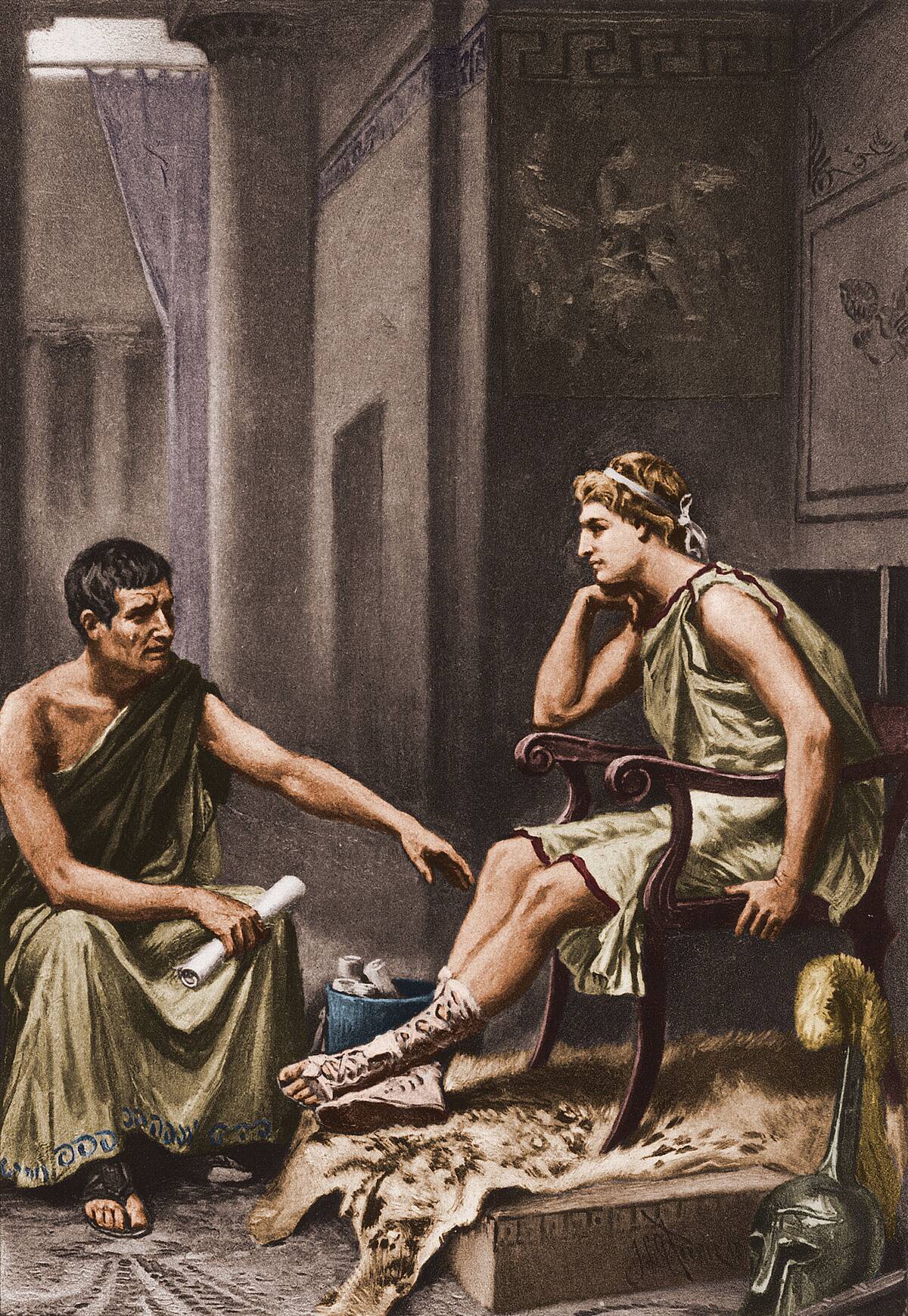
Aristotle, a student of Plato, established the Lyceum, where he developed his own philosophical system encompassing ethics, politics, and metaphysics. Unlike his teacher, Aristotle emphasized empirical observation and logic.
He categorized knowledge into different sciences and introduced concepts like the golden mean, advocating for balance in all things. His works laid the foundation for many scientific disciplines, influencing fields as diverse as biology and political theory.
Epicureanism: The Pursuit of Pleasure
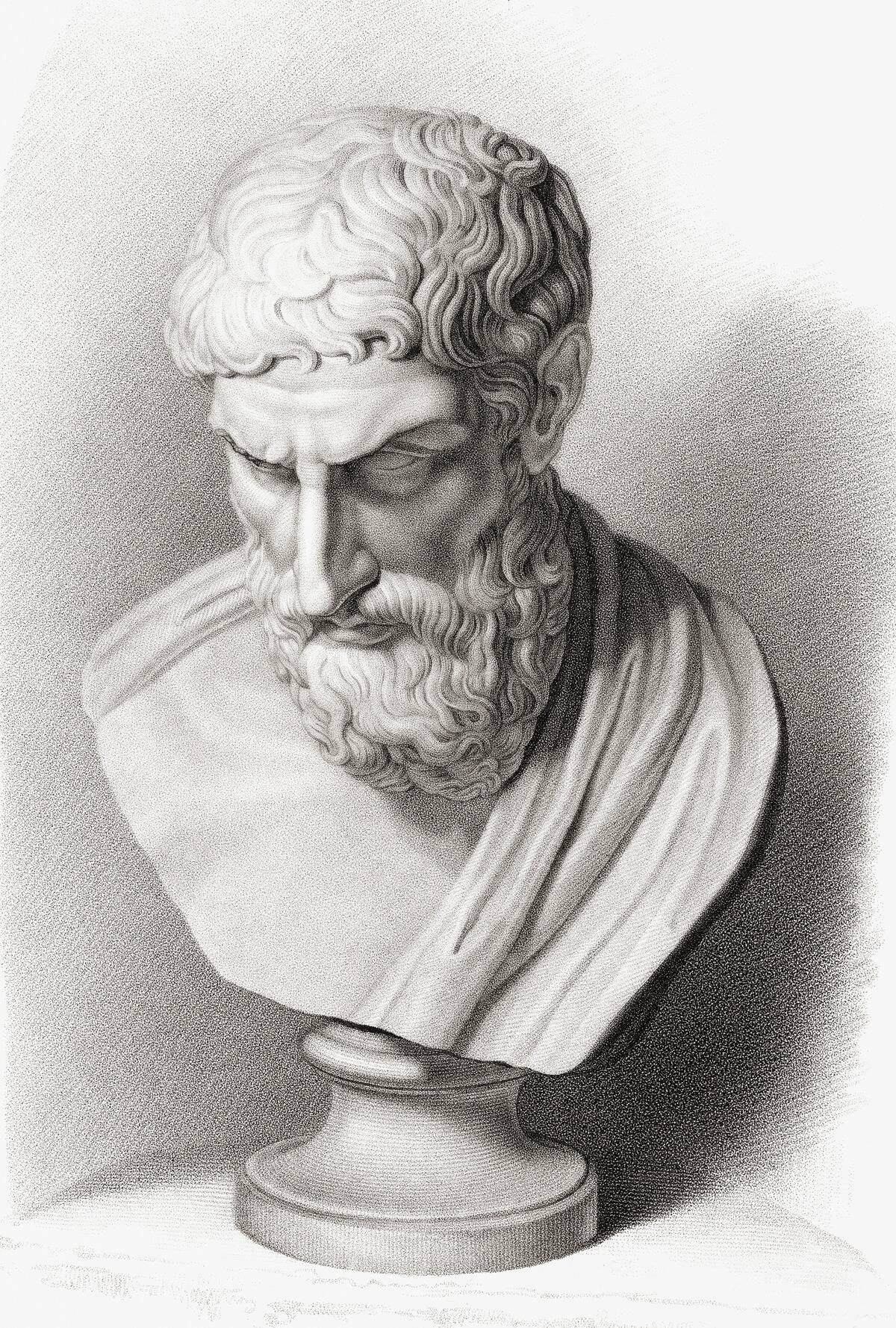
Epicureanism, founded by Epicurus, taught that the pursuit of pleasure and avoidance of pain were the keys to a happy life. However, it wasn’t about hedonistic indulgence; rather, Epicurus emphasized simple pleasures, friendship, and philosophical contemplation.
He believed that understanding the nature of the universe could free people from the fear of gods and death. His philosophy encouraged living modestly and cultivating a serene state of mind.
Stoicism: Finding Virtue in Simplicity
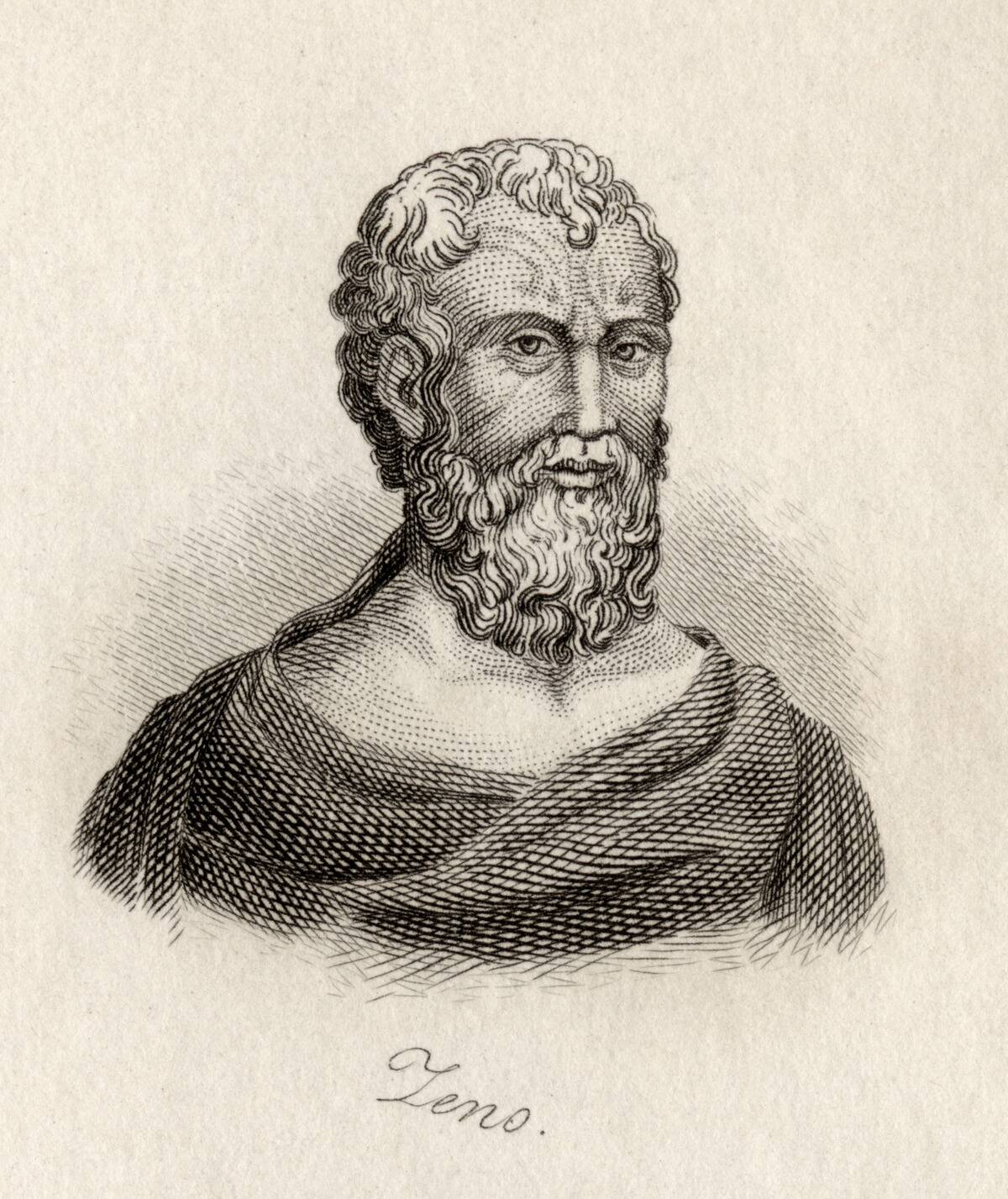
Stoicism, founded by Zeno of Citium, advocated for living in harmony with nature and accepting the moment as it presents itself. Stoics believed in cultivating virtue as the highest good and maintaining equanimity in the face of life’s challenges.
Figures like Seneca and Marcus Aurelius emphasized self-control and the importance of rationality. This philosophy teaches resilience and the power of focusing on what one can control, ideas that resonate even today in self-help and counseling.
Cynicism: Living in Accordance with Nature

The Cynics, with Diogenes as their most famous proponent, believed that living a life of virtue meant rejecting societal conventions. They promoted the idea of living in accordance with nature, shunning material wealth and status.
Diogenes, known for his ascetic lifestyle, famously lived in a large ceramic jar and often engaged in public acts that highlighted the absurdities of social norms. Cynicism challenged people to examine what truly constituted a meaningful life.
Skepticism: Questioning the Certainties
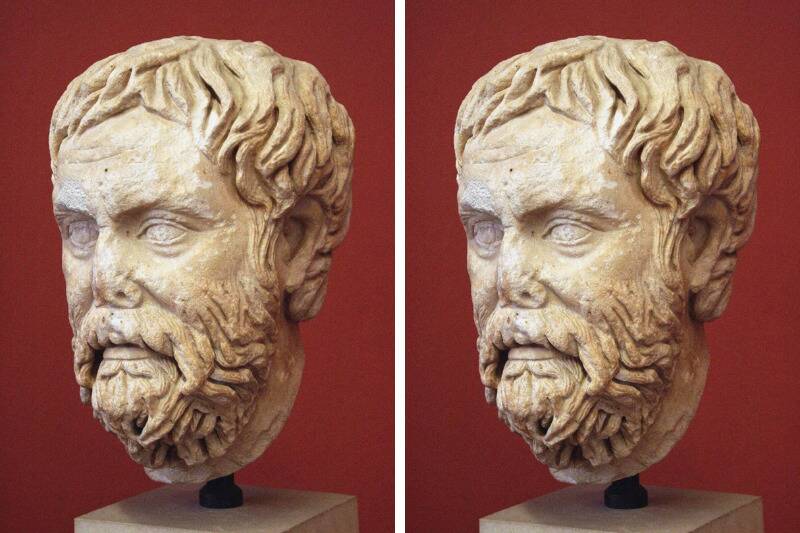
Skepticism, led by philosophers like Pyrrho, questioned the possibility of certain knowledge. Skeptics argued that because our senses can deceive us, we should suspend judgment and live without dogmatic beliefs.
This school of thought encouraged an open-minded approach to life, where dogmatism was replaced with inquiry and doubt. In doing so, Skepticism laid the groundwork for scientific inquiry, reminding us that questioning is an essential part of understanding the world.
Pythagoreanism: Numbers and Mysticism
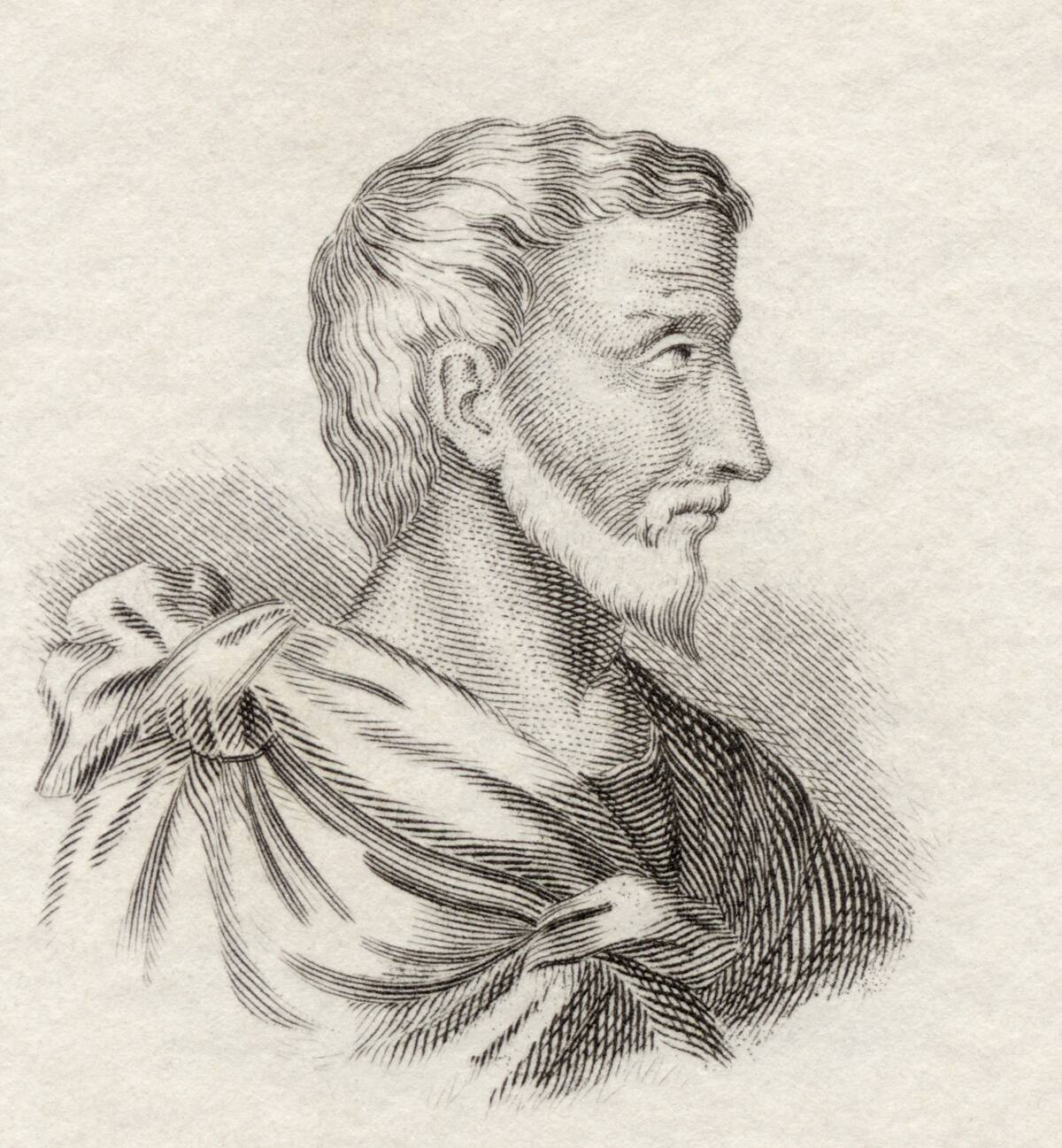
Pythagoreanism, founded by Pythagoras, combined mathematics with spirituality. Pythagoreans believed that numbers were the essence of all things and held mystical significance.
This school of thought explored the relationship between mathematics and the cosmos, leading to discoveries in geometry and musical harmony. Pythagoras’s famous theorem still resonates in classrooms today, illustrating the enduring impact of his belief that mathematics could unlock the secrets of the universe.
The Sophists: Masters of Rhetoric
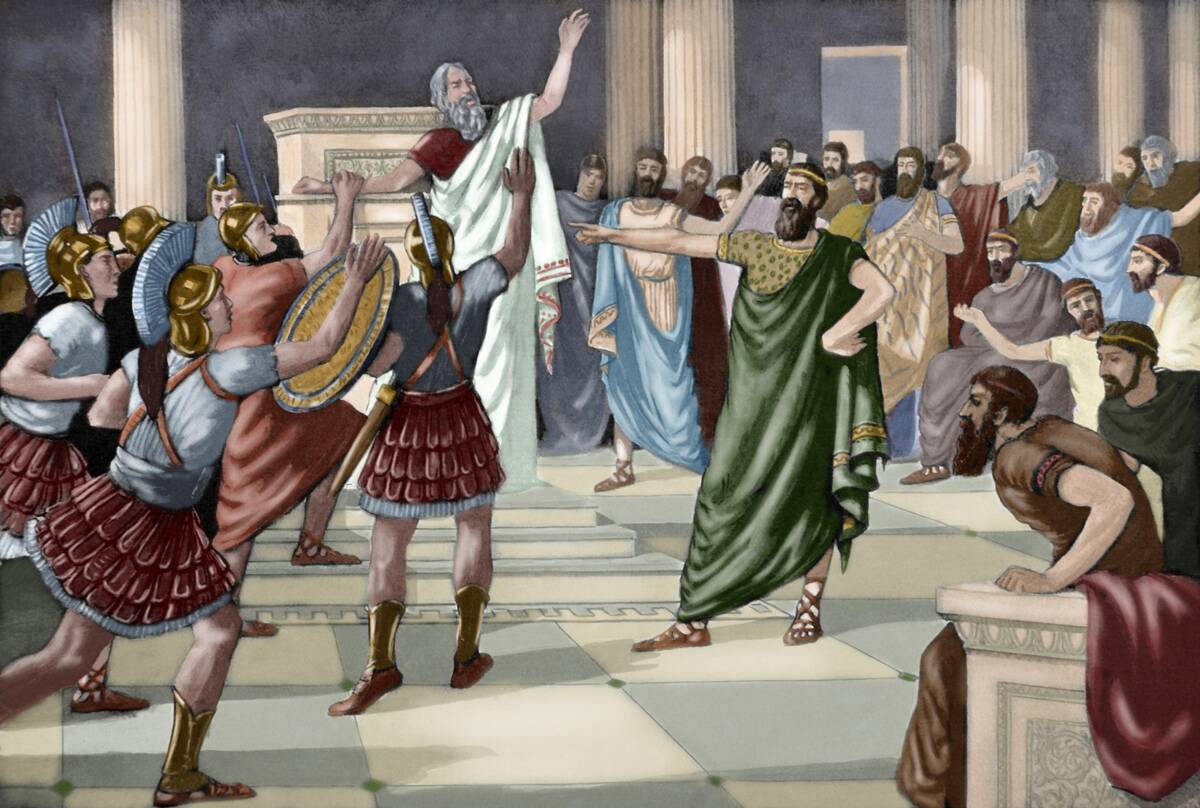
The Sophists were itinerant teachers known for their skill in rhetoric and argumentation. They taught the art of persuasion, making them both influential and controversial figures in ancient Greece.
Sophists like Protagoras asserted that “man is the measure of all things,” emphasizing relativism and the subjective nature of truth. While criticized by philosophers like Plato for their perceived moral relativism, the Sophists played a crucial role in developing critical thinking and debate skills.
Neo-Platonism: Merging Philosophy and Spirituality
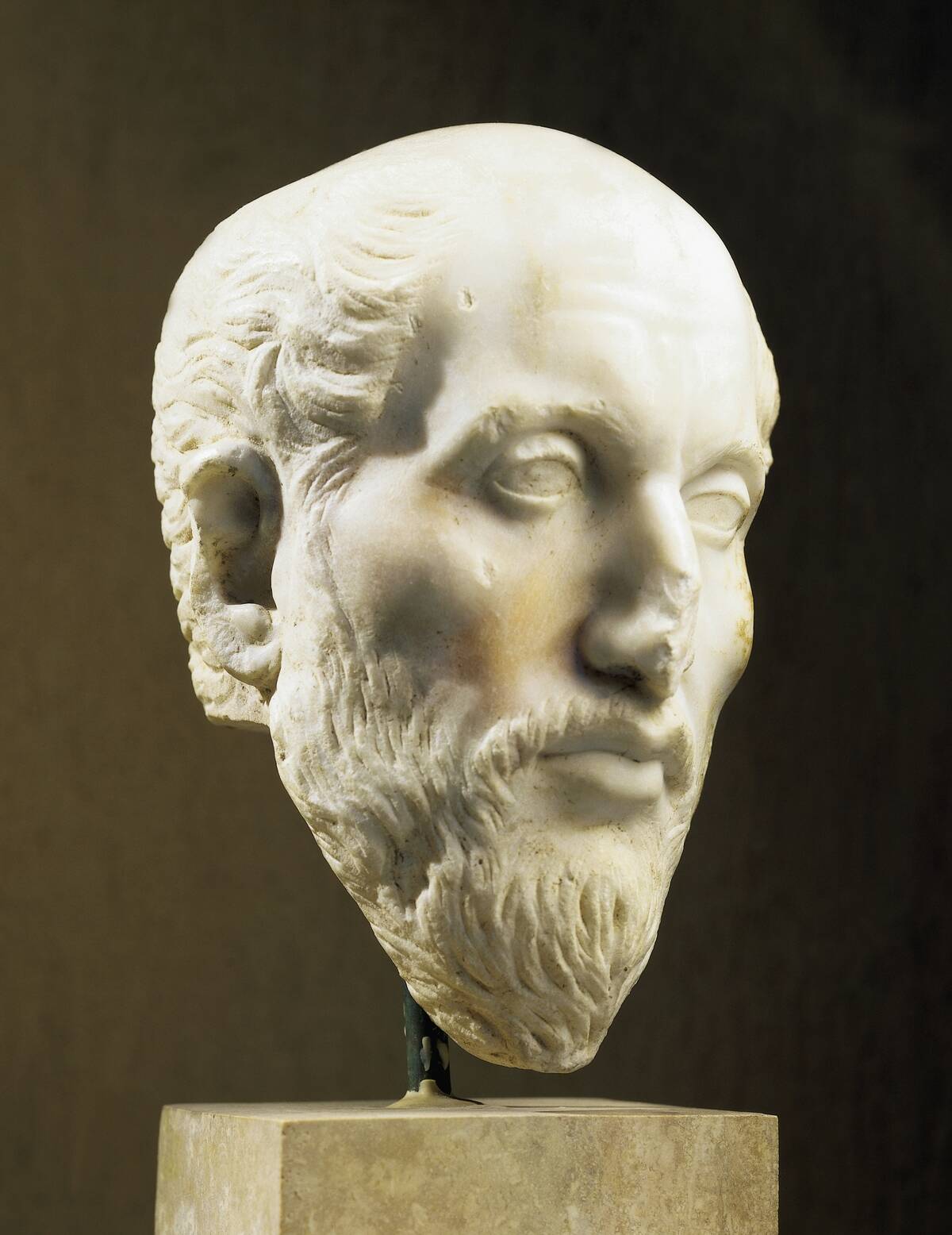
Neo-Platonism, led by thinkers like Plotinus, sought to reconcile Plato’s philosophy with spiritual traditions. This school of thought emphasized the existence of a single, transcendent source from which all reality emanates.
Neo-Platonists believed in an ascent of the soul towards unity with this divine source through philosophical contemplation and virtuous living. Their ideas influenced early Christian theology and helped bridge the gap between classical philosophy and religious teachings.
The Impact of Greek Philosophy on Western Thought

Greek philosophy has left an indelible mark on Western thought, shaping everything from science to ethics. The ideas of Greek philosophers were preserved and expanded upon during the Renaissance, fueling advancements in art, science, and politics.
The emphasis on reason and inquiry laid the foundation for the Enlightenment and continues to influence modern educational curricula. Greek philosophy’s legacy is a testament to the enduring power of ideas to transform societies and shape human understanding.



